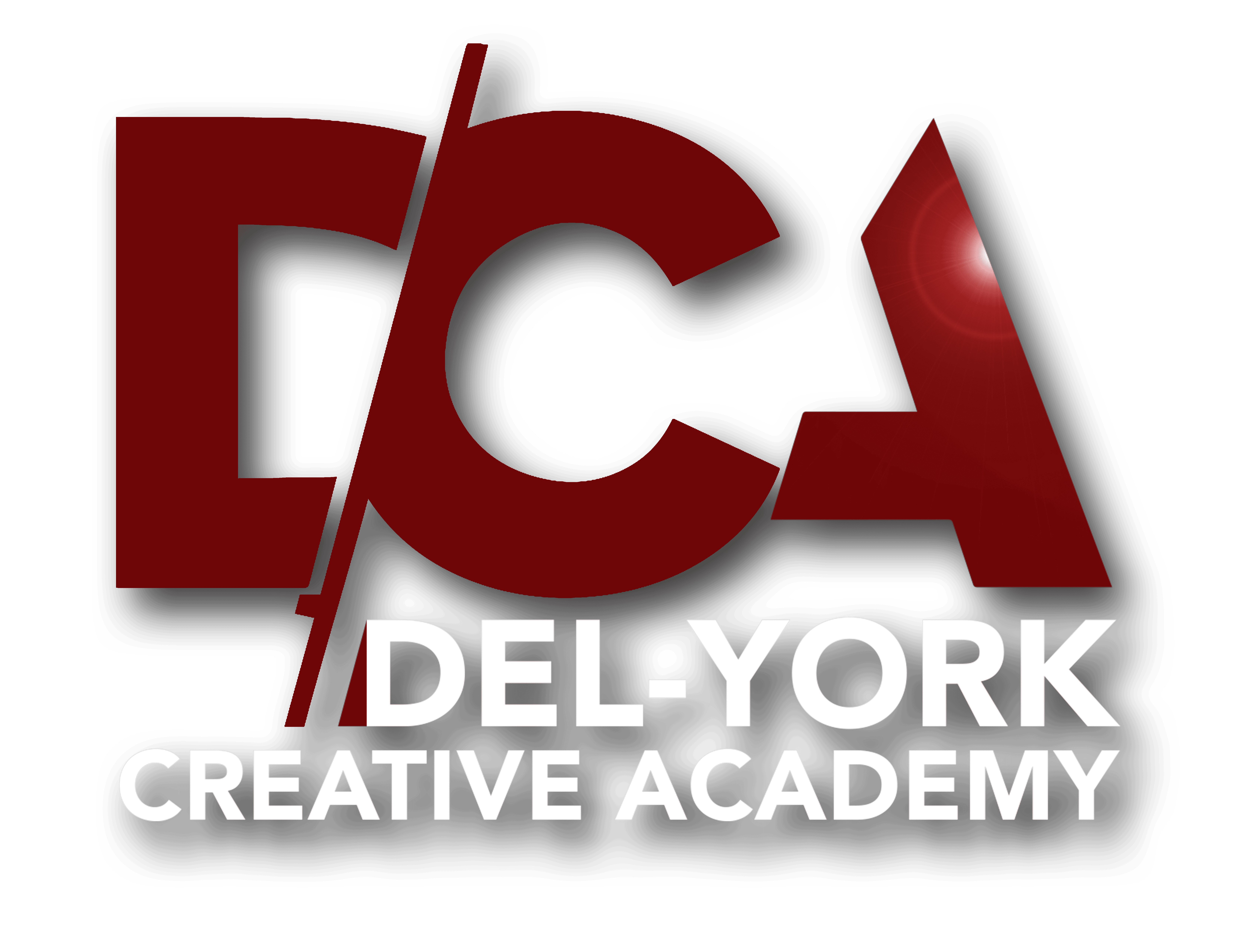
Why Your YouTube Channel Isn’t Making Money
July 4, 2025
What Makes a Great Short Film Work
July 18, 2025Facts Every Screenwriter Must Know!
Facts every screenwriter must know
Screenwriting is often perceived as simply “telling a story,” but it’s far more profound. It’s about building a world, structuring a journey, and crafting the foundational document that every other department in a film builds upon.
Many aspiring writers approach it with assumptions rather than understanding. While talent is undoubtedly important, it’s knowledge—the kind that shapes how you write, revise, and collaborate—that truly transforms a good idea into a great screenplay.
Here are some essential facts every screenwriter must grasp (But most don’t) :
Structure Isn’t Optional
Every compelling film, from blockbusters to experimental pieces, follows a structure. Whether it’s the three-act formula, the Hero’s Journey, or the principles of Save the Cat, these aren’t arbitrary rules. They are time-tested storytelling patterns that engage audiences and provide a framework for emotional impact. You need structure to earn your story’s emotional weight.
Format Matters More Than You Think
If your script doesn’t look like a screenplay, it won’t be taken seriously. Screenwriting adheres to a professional format for a reason: it reflects industry expectations and provides a common language for collaborators. A well-formatted script signals your understanding of the production workflow and your respect for the craft.
What You Write Must Be Filmable
This is a significant hurdle for many beginners. A screenplay is not a novel. If the camera can’t see it or the audience can’t hear it, it doesn’t belong on the page. This means no internal monologues, no backstory that exists only in your head, and no direction that isn’t visual. You are writing for the screen, not the page.
Your Characters Need Clear Wants and Real Obstacles
Conflict drives the story. And conflict arises from a character pursuing a clear goal while facing meaningful resistance. If your protagonist lacks a defined objective, or if the stakes are too low; your script will fall flat, regardless of how poetic your dialogue might be.
Dialogue Isn’t There to Explain; It’s There to Reveal
Strong dialogue is more than just clever or witty. It’s purposeful. It should reveal emotion, build tension, and express character. While it should sound like real people speaking, it must be more focused and more intentional. Good dialogue is heard, not merely read.
Rewriting Is Where the Real Writing Happens
No first draft is final. And no great script was conceived in a single sitting. Screenwriting is inherently about rewriting: shaping, cutting, tightening, and clarifying. The initial version gets the idea down; subsequent versions make it work. This crucial step is often avoided, which is precisely why most scripts fail to connect.
Screenwriters Don’t Just Write Stories; They Write Blueprints
Every decision you make on the page directly impacts what happens on set. The script informs direction, cinematography, acting, editing, and design. It’s less about unbridled imagination and more about precise intention.
Film is a profoundly collaborative art form, but it all begins with the writer. When you truly grasp the responsibility you carry, you begin to write differently—with clarity and with purpose.
At Del-York Creative Academy, we train screenwriters to move beyond mere imagination and develop the discipline, structure, and storytelling instincts the industry demands.
Our next cohort starts on August 18th, 2025. Visit www.delyorkcreative.academy to register.
Have questions or need guidance? Call us at 09047218313, 09133820024, or 09165666255. You can also message us on Instagram @delyorkcreativeacademy.
We’re here to help you bring your ideas to life, one page at a time, from concept to camera.





